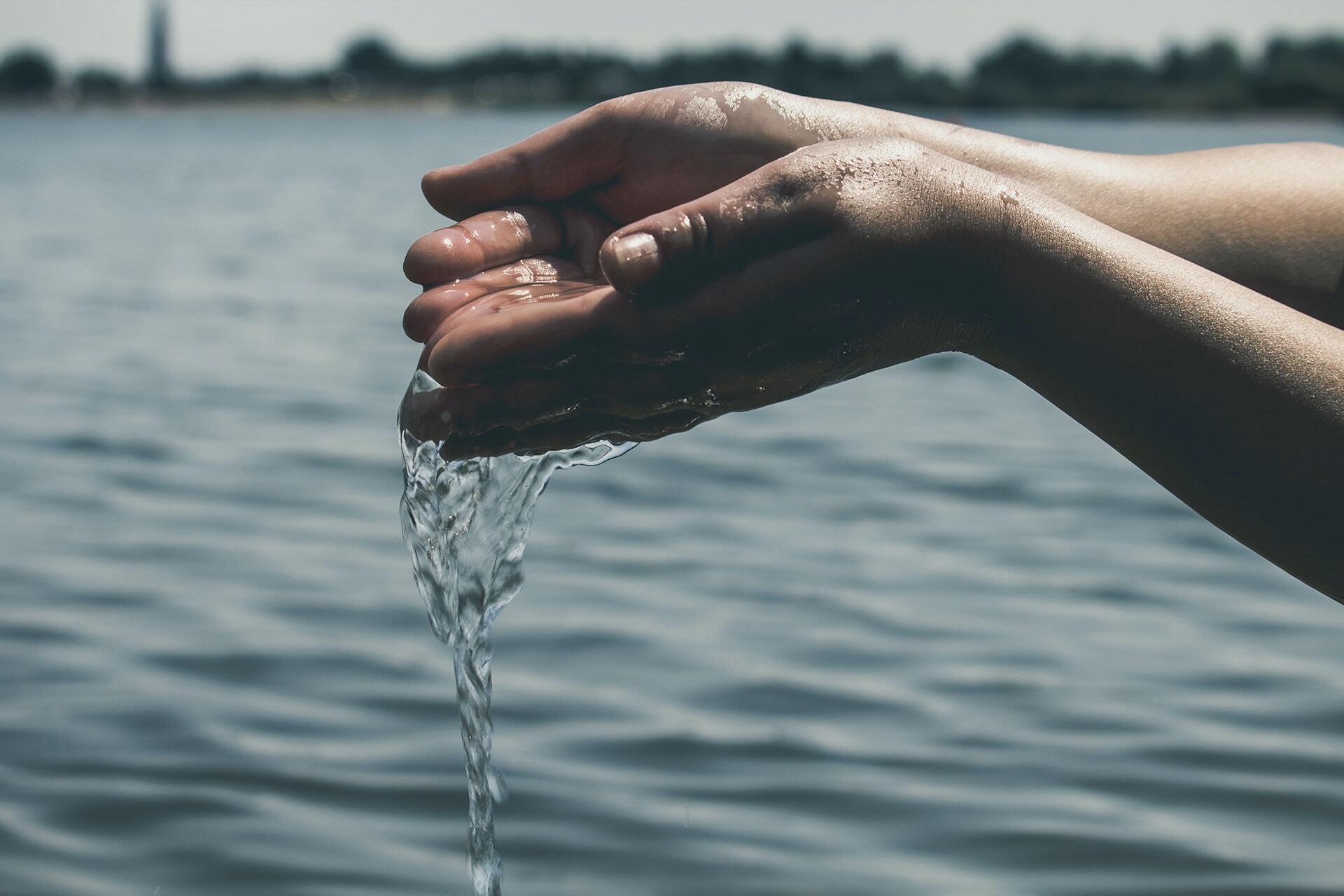The UN Water Conference 2023 amid threat of Global Water Crisis

Introduction
The UN Water Conference 2023, which took place from March 22-24 at UN Headquarters in New York co-hosted by Netherlands and Tajikistan, is being hailed as a special opportunity because it is the first of its kind event in almost five decades to speed up the process of achieving universal access to clean water and sanitation by the year 2030. The UN Water Conference has been welcomed as a chance to increase global cooperation to handle water issues, challenges and prevent an impending crisis. The overarching themes of the conference included water for health, sustainable development, cooperation, climate resilience and Water Action Decade in order to strengthen and accelerate action in key areas of water and to address current water-related challenges.
Background
In 1977, Mar del Plata, a city in Argentina, hosted the first UN Water Conference. Over the course of a 12-day meeting, representatives from 118 nations introduced the Mar del Plata Action Plan, in order to attain universal access to clean water and sanitation by 1990 so that a global water crisis can be prevented by the end of the twentieth century. A research on how to finance water projects was suggested when numerous low-income countries requested financial assistance for that reason but were turned down, as reported in Nature article at that time.
The eight Millennium Development Goals (MDGs) were adopted by the UN in September 2000 intended to be achieved by the year 2015. It was determined that actions would be implemented under the MDGs goal 7 i.e. “Ensure Environmental Sustainability” for sustainable access to clean water for drinking and basic sanitation. But, MDGs lacked monitoring, evaluation and multiple concerns, therefore, they were replaced by the SDGs as new international development goals. Under the UN Sustainable Development Goals (SDGs) in 2015, the countries set a 2030 aim for ensuring that everyone has access to clean water and sanitation.

Threat of a Global Water Crisis
Water sustains all facets of life on Earth, having access to clean and safe water is a fundamental human right. But decades of poor management and misuse have made water stress worse, endangering many facets of life that depend on this important resource. Water is still inaccessible to billions of people worldwide. It is estimated that each year, over 800,000 people die from illnesses directly linked to contaminated water, poor sanitation and unsafe hygiene habits. According to a report issued at the UN 2023 Water Conference in New York and produced by UNESCO on behalf of UN-Water, 2 billion people worldwide (or 26% of the population) lack access to clean drinking water, and 3.6 billion (or 46% of the population) lack access to properly managed sanitation. Water is necessary for healthy ecosystems, the production of food and energy, (gender equality and the decrease of poverty as per the SDGs). Since water and climate are closely connected, the effects of climate change on water can be seen and felt at an accelerating rate, including rising floods, heavy rainfalls and droughts. Both sustainable development and biodiversity are at risk from these effects.
According to UNESCO, between two and three billion people go at least one month without access to water per year, which poses serious dangers to their livelihoods, particularly in terms of food security and access to energy. In 2050, the number of urban population who will face water scarcity is expected to double, from 930 million in 2016 to 1.7–2.4 billion. Extreme and protracted droughts are becoming more common, which is stressing ecosystems and having negative effects on both plant and animal species.

Conclusion
People all around the world are being affected by the growing issue of the global water crisis. It concerns both the availability and quality of water. As the demand for water is rising due to population expansion and climate change, therefore, water scarcity is also becoming a more serious issue. Moreover, lack of access to clean drinking water as well as poor sanitation services are contributing to diseases like cholera and diarrhea. Together with deforestation, soil degradation and water logging, poor water management is a contributing factor to the devastation of the ecosystem. To deal with crisis, Governments, corporations, international organizations and individuals must take immediate action in response to the global water crisis to make sure that everyone has sustainable access to clean water. For this matter, collaboration of all the stakeholders at the international level can play a vital role in the formulation, adoption and implementation of water management policies and that is the only way to avoid a global water disaster in the coming decades.